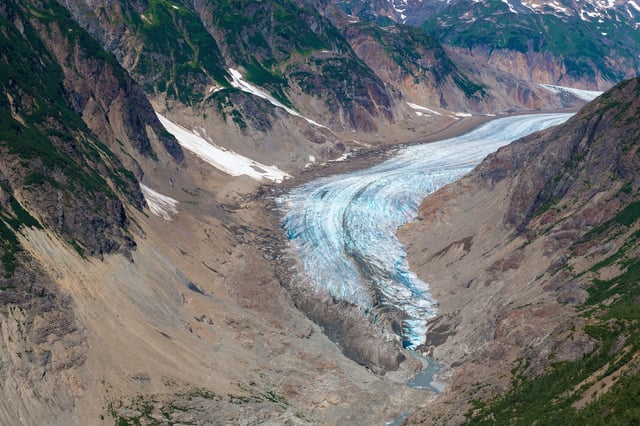Overview
- Glaciers lost 450 gigatons of ice in 2024 alone, marking the largest annual loss on record, according to a UNESCO report.
- Retreating glaciers threaten the water supply for 2 billion people and impact agriculture, industry, and ecosystems worldwide.
- Melting glaciers have contributed 18 millimeters to global sea level rise since 2000, exposing millions to increased flood risks.
- Regions like Eastern Africa and the Andes have seen drastic glacier shrinkage, with some glaciers projected to disappear by 2030.
- Experts urge immediate global action to mitigate glacier loss, improve monitoring systems, and support vulnerable mountain communities.



